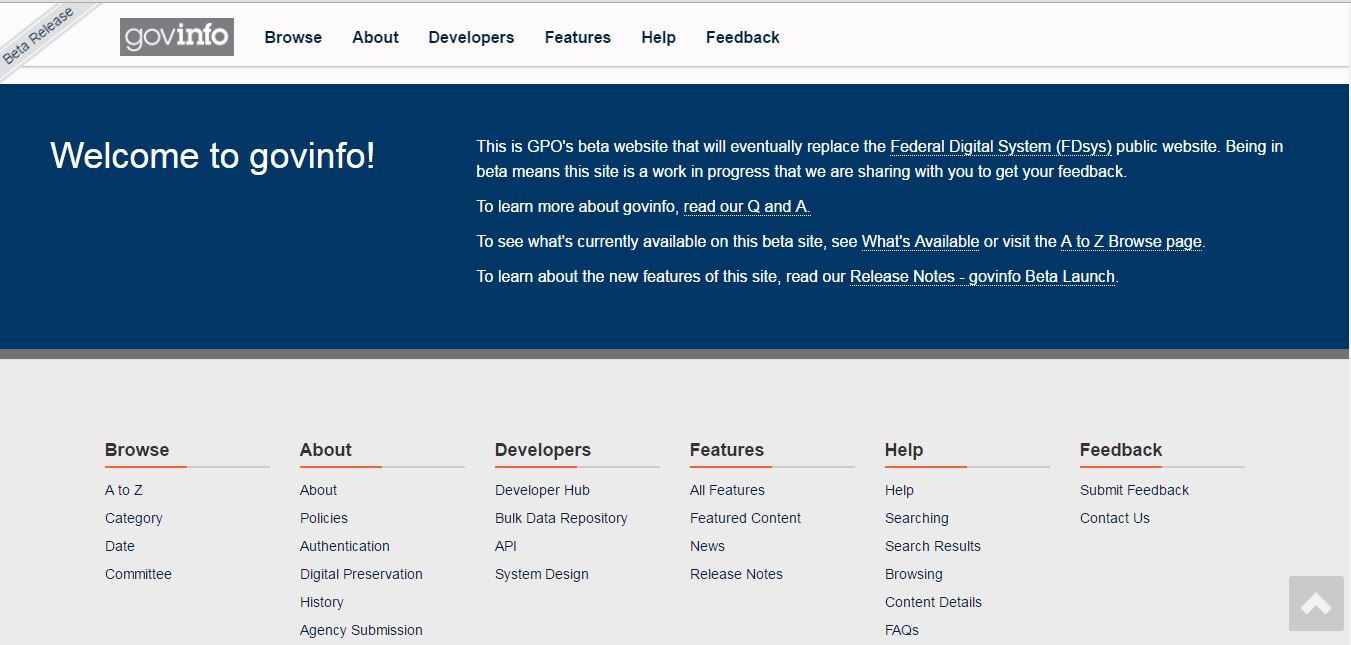If you are researching legal issues related to the coronavirus pandemic, you will definitely want to check out the comprehensive coronavirus resource guide published by the Law Library of Congress, which provides links to laws, regulations and executive actions in the United States at both the federal and the state level, and in various countries. The guide is updated at least weekly and in addition to direct links to laws and regulations, it includes Congressional Research Service reports which provide information to Congress about the coronavirus, law library blog posts, and articles from the Law Library of Congress Global Legal Monitor which tracks global legal developments.
Some interesting Congressional Research Services reports listed in the Coronavirus Resource Guide include:
Marc Labonte, COVID-19: Potential Economic Effects, Congressional Research Services (Mar. 11, 2020)
The Law Library of Congress’s Global Legal Monitor has dozens of articles organized by region which track individual country responses to the coronavirus, such as an article detailing Germany’s changes to its rules of procedure in Parliament and one discussing legislation in China that punishes the trade and consumption of wild animals.
The guide also includes a link to a law library report on Legal Responses to Health Emergencies. Though written five years ago, the report provides useful summaries of regulations addressing health emergencies in 25 jurisdictions as well as a comparative summary and bibliography that may be useful in analyzing the level of preparedness of different countries for the current pandemic.








